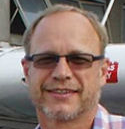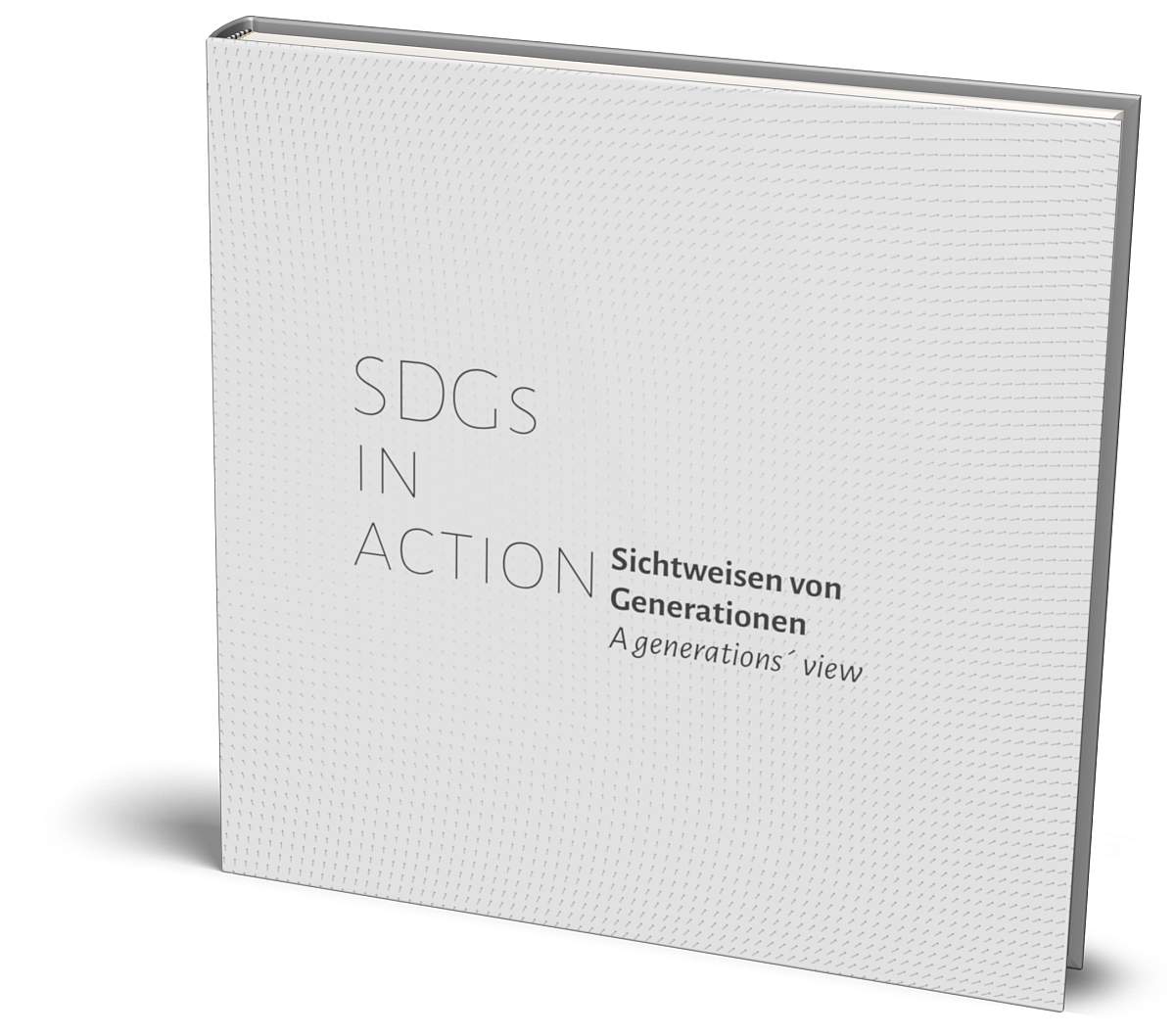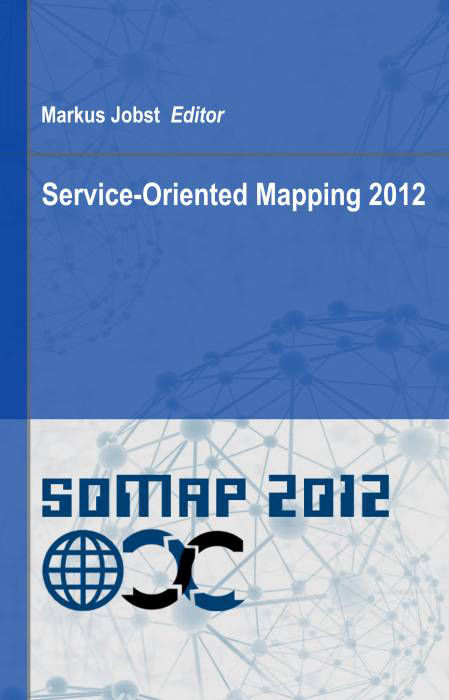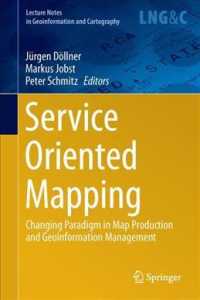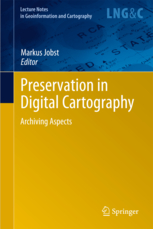Terms of References
Enhance the study on map production- and process management, geoinformation logistics and geo-business;
Research on the impact of modern communication methods on map production, business models, change management and design thinking;
Research the impact of Service Oriented Architectures and future technologies on Map-Production, Publishing and Archiving.
Research the methods of Service-Oriented Mapping maturity evaluation and SOMAP management.
Evaluating the impact of digitalisation with its characteristics of sharing, reuse and transparency on map production.
Collect requirements and document procedures of collaborative map production.
Considering the geospatial semantic web for map production.
Encourage international collaboration on the study of map production and geoinformation management with particular emphasis on bridging research, government and commercial sectors.
Participate and contribute to activities of other relevant ICA interest groups (e.g. relevant ICA Commissions, National Mapping Organisations, NGO´s, Enterprises, URISA).
Publications in and support of the International Journal of Cartography.
